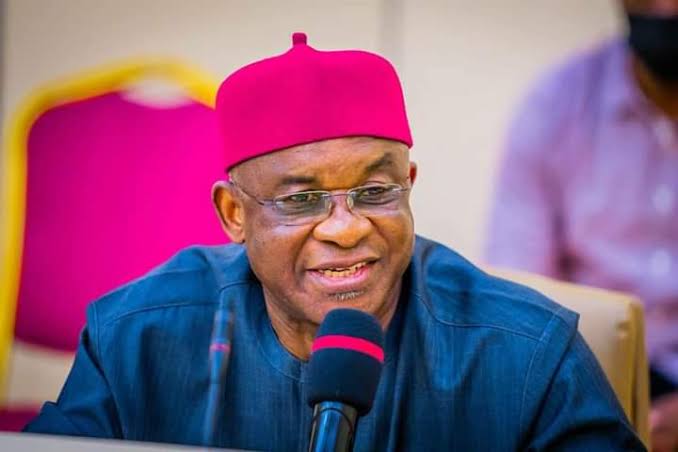The African Democratic Congress (ADC) found itself embroiled in a leadership dispute following the resignation of its former chairman, Chief Ralph Nwosu. A faction of the party, led by former governorship candidate Nafiu Bala, vehemently rejected claims to the chairmanship by former Senate President David Mark, branding them as baseless and a flagrant violation of the party’s constitution. Bala’s faction, speaking through Dr. Aminu Alhassan, Bala’s Special Adviser on Public Affairs, emphasized that the party’s constitution mandates that leadership positions be held only by bona fide members of the ADC. They argued that Nwosu’s resignation did not create a leadership free-for-all, but rather necessitated a structured dialogue within the party’s constitutional framework to determine the next steps in leadership succession.
Central to the Bala faction’s argument was the assertion that Mark’s attempt to assume leadership was invalid due to his lack of membership within the ADC. They underscored the constitutional requirement for aspiring leaders to be bona fide members, a condition they claimed Mark had not met. The faction insisted on adherence to the party’s constitution, stipulating that the appropriate procedure for filling the leadership vacuum was through a National Executive Council meeting, followed by ratification at subsequent party convention levels. This, they argued, was the only legitimate way to ensure that the party’s leadership was determined by those genuinely committed to its ideals and objectives.
The Bala faction criticized Mark’s actions as not only a misinterpretation of the party’s governance structure but also a blatant disregard for the democratic principles the ADC represented. They warned against any attempt to circumvent the established democratic processes within the party. They expressed confidence in the Independent National Electoral Commission (INEC) to uphold constitutionalism and ensure that democratic processes within political parties are respected. They affirmed their commitment to collaborating with INEC to foster a political environment conducive to fair play and democratic engagement.
The faction appealed to loyal ADC members to remain calm and focused during the transition period, emphasizing the importance of unity and the collective upholding of the party’s values of integrity, accountability, and democratic principles. They warned against distractions caused by those seeking to disrupt the party’s unity and progress. They reaffirmed their faith in Nafiu as the legitimate National Chairman, highlighting his role in guiding the party through the transitional phase and upholding the values cherished by its members.
The Bala-led faction’s statement effectively draws a line in the sand, asserting Nafiu’s legitimacy as National Chairman while simultaneously challenging Mark’s claim based on constitutional grounds and membership status. Their appeal to party members to remain calm suggests an attempt to consolidate support and project an image of stability amidst internal conflict. The emphasis on INEC’s role underscores their belief in the importance of external validation and their commitment to operating within the legal and constitutional framework of Nigeria’s political system.
This leadership struggle within the ADC illustrates the broader challenges faced by political parties in Nigeria, particularly concerning internal democracy, adherence to constitutional processes, and the potential for disruptive power struggles following leadership transitions. The unfolding events within the ADC will likely serve as a test case for the effectiveness of internal party mechanisms in resolving disputes and the role of INEC in ensuring that political parties adhere to democratic principles and constitutional provisions. The outcome of this struggle will undoubtedly have significant implications for the ADC’s future and its ability to effectively participate in Nigeria’s political landscape.


